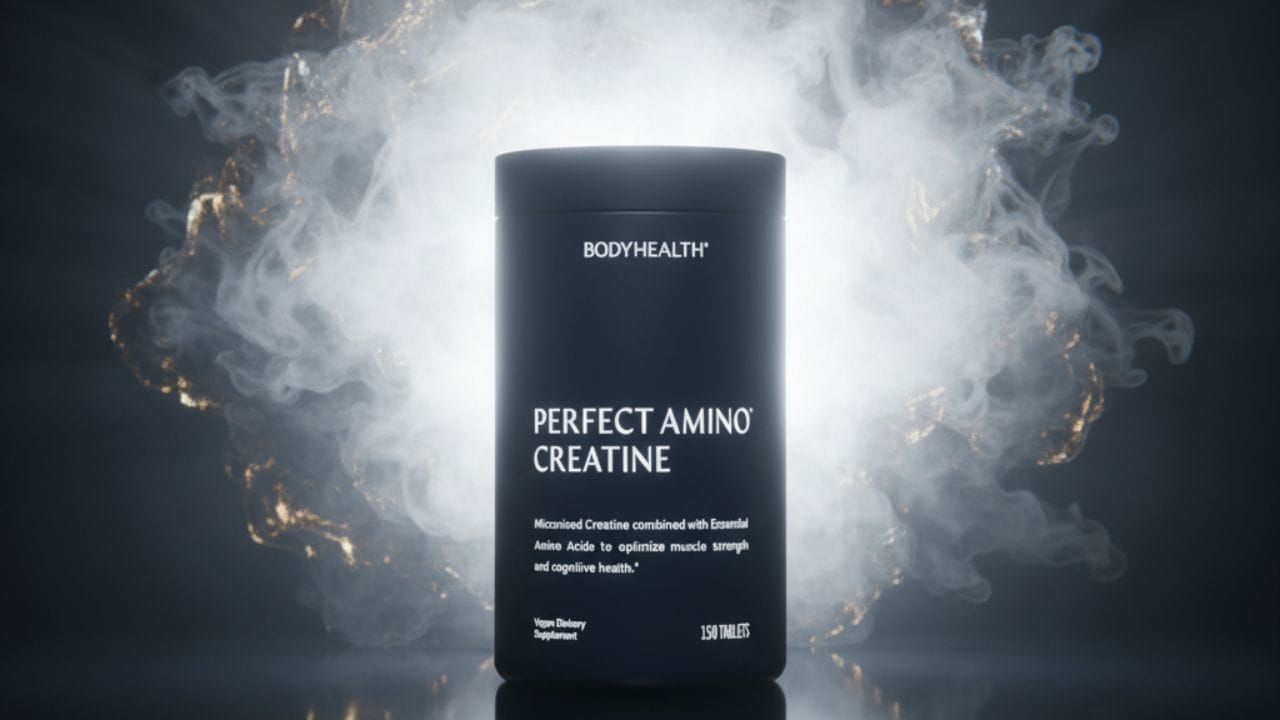Creatine is one of the most researched and popular dietary supplements on the market, especially within the fitness and athletic communities. But what exactly is it, and what are the benefits of creatine that make it so sought after? This comprehensive guide will explore everything you need to know about this powerful compound, from how it works to its wide-ranging effects on muscle, brain, and overall health.
This naturally occurring compound is found in small amounts in foods like red meat and fish, but many people turn to creatine supplements to boost their levels and unlock its full potential. Whether you’re an athlete looking to enhance athletic performance or someone interested in cognitive and general wellness, understanding creatine is key. We’ll examine the science behind creatine supplementation, discuss proper dosage, and address common concerns to provide a clear picture of this effective supplement. When considering a creatine supplement, it is important to choose a reputable product, as this can maximize benefits for athletic performance while ensuring safety and quality.

Understanding Creatine: More Than Just a Muscle Builder
At its core, creatine is made up of three amino acids: L-arginine, glycine, and L-methionine. Your body naturally produces it, primarily in the liver, kidneys, and pancreas. Most creatine is then stored in your skeletal muscles as phosphocreatine, or creatine phosphate, which serves as a vital energy reserve for your muscle cells.
The primary function of creatine is to help regenerate adenosine triphosphate (ATP), the main energy currency of the cell. During short bursts of high-intensity exercise, like sprinting or weightlifting, your muscles rapidly deplete their ATP stores. Creatine phosphate donates a phosphate group to ADP (adenosine diphosphate) to quickly create more ATP, allowing you to sustain your effort for longer and perform at a higher level. This is the fundamental mechanism behind many of the athletic benefits of taking creatine.
While most people associate creatine with athletes and bodybuilders aiming to build muscle, its influence extends far beyond the gym. Emerging research highlights its role in brain health, bone density, and managing certain health conditions. Because it’s a relatively safe supplement for most healthy adults, its applications are continuously expanding.
Different Forms of Creatine
When you browse for creatine supplements, you'll encounter various forms, but creatine monohydrate is the most studied and widely used. It's the gold standard against which other forms are measured, with hundreds of studies backing its efficacy and safety. It's effective, affordable, and the form used in the majority of scientific research.
Other forms include creatine hydrochloride (HCL), creatine ethyl ester, and buffered creatine. While these are often marketed as having better absorption or fewer side effects like bloating, there isn't enough evidence to suggest they are superior to creatine monohydrate. For most individuals, creatine monohydrate remains the most reliable choice for reaping the benefits of creatine.
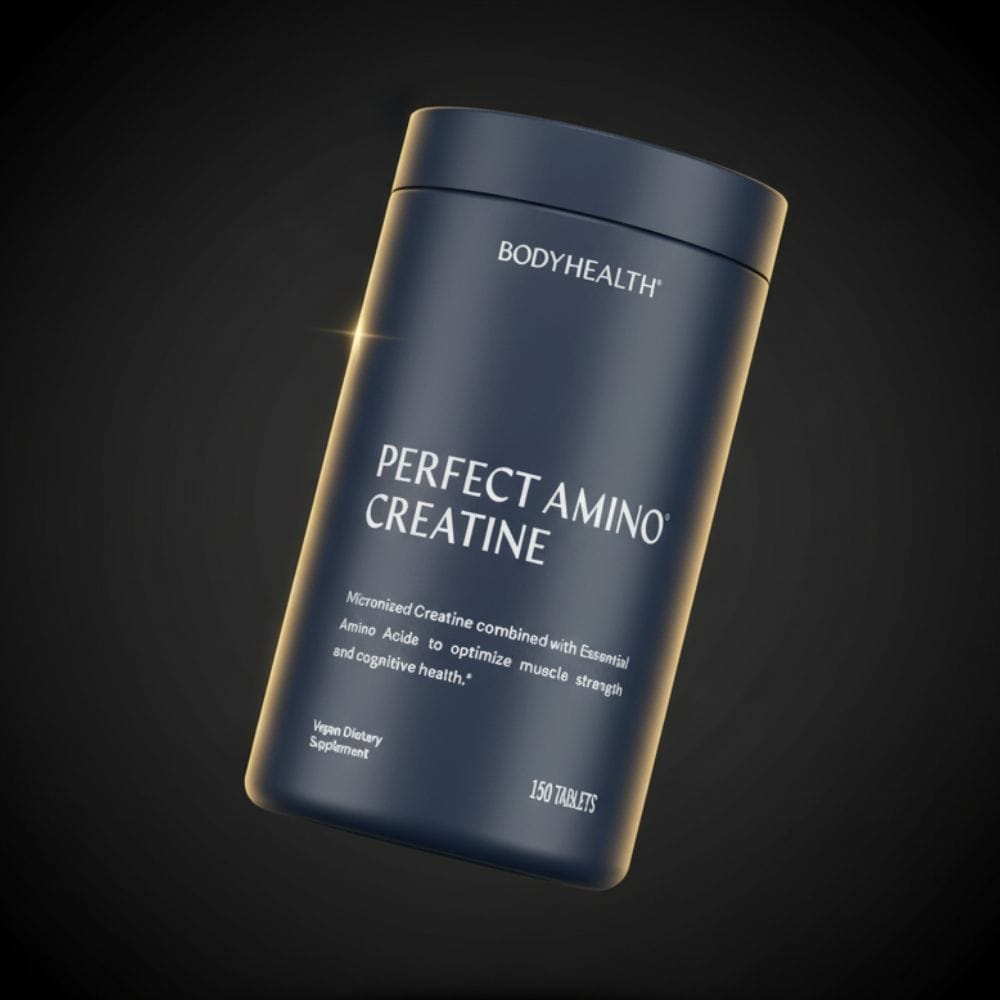
The Top Benefits of Creatine Supplementation
The effects of creatine are extensive, impacting everything from physical power to mental clarity. Let's break down the primary advantages confirmed by years of sport science research.
1. Enhanced Athletic Performance and Muscle Strength
This is the most well-known benefit. Taking creatine supplements is a proven way to improve athletic performance. By increasing the availability of ATP, creatine helps you perform more work during your training sessions. For those engaged in resistance training, this translates to more reps, heavier lifts, and ultimately, greater gains in muscle strength and muscular strength over time.
Numerous studies show that creatine supplementation can significantly boost power output and overall exercise performance. In scientific studies, participants in the creatine group consistently demonstrate greater improvements in exercise performance and muscle strength compared to those in the placebo group. Athletes in sports that require explosive movements, such as track and field, football, and hockey, often experience substantial athletic benefits. Taking creatine daily helps saturate the muscles with creatine phosphate, ensuring this rapid energy source is always available during strenuous exercise.
2. Increased Muscle Mass
One of the most visible effects of creatine is an increase in muscle mass. This happens in a few ways. Initially, creatine draws water into your muscle cells, a process called cellular volumization. This not only makes your muscles appear larger but may also trigger anabolic (muscle-building) signals. This initial weight gain is primarily water, not fat.
Over the long term, the ability to perform more high-quality work in the gym leads to greater muscle protein synthesis and hypertrophy. When combined with resistance training, creatine helps you build muscle more effectively. The effects of creatine supplementation are especially potent when paired with a consistent workout routine and a well-balanced diet rich in protein. Some people even combine it with whey protein to maximize muscle growth and recovery.
3. Improved Muscle Recovery
Intense physical activity causes micro-tears in muscle tissue, leading to inflammation and soreness. Efficient muscle recovery is crucial for consistent training and progress. Evidence suggests that creatine may help reduce muscle damage and inflammation following strenuous exercise.
By supporting cellular energy and potentially reducing oxidative stress, creatine helps your muscles repair themselves more effectively. This means less downtime between workouts and a reduced perception of muscle soreness, allowing you to train harder and more frequently.
4. Enhanced Brain Function and Cognitive Health
While the physical benefits are well-documented, the effects of creatine on the brain are gaining significant attention. Your brain, like your muscles, requires a substantial amount of ATP to function correctly, especially during mentally demanding tasks. By increasing brain creatine levels, supplementation can support cognitive function. Research has shown that variations in levels of creatine and phosphocreatine in the brain are associated with changes in mood and cognitive performance.
Research indicates that taking creatine may improve aspects of brain function, such as short-term memory, reasoning, and processing speed. These cognitive benefits are particularly pronounced in situations where brain energy is compromised, such as during sleep deprivation or in aging individuals. Some studies have shown that creatine supplementation can help combat mental fatigue, making it a valuable tool for students, professionals, and anyone needing a mental edge. The link between creatine and brain health is a promising area of ongoing research.
5. Potential Neuroprotective Properties
Beyond boosting cognitive performance, creatine may have a protective role in the brain. Some studies are exploring its potential to help with neurodegenerative diseases like Parkinson’s and Huntington’s disease, where cellular energy metabolism is impaired. Although more research is needed, early findings suggest that maintaining higher brain creatine levels could help protect neurons from damage.
Early research first identified creatine's potential neuroprotective effects and its role in supporting brain energy metabolism. There is also interest in the role of oral creatine supplementation in mitigating the effects of mild traumatic brain injuries (TBIs). Some studies on animals and a few human trials have shown that creatine may reduce the severity of brain injuries and aid recovery. It is thought to do this by providing the injured brain with much-needed energy to fuel its repair processes.
6. Support for Bone Health
Strong bones are essential for overall health, especially as we age. Emerging evidence suggests that creatine supplementation, when combined with resistance training, can positively impact bone health. Some studies have found that older adults taking creatine while participating in a strength training program saw improvements in bone mineral density.
The mechanism isn't fully understood, but it may be related to the increased muscle mass and strength gained from taking creatine. Stronger muscles place greater mechanical stress on bones, signaling them to become denser and stronger. This makes creatine a potentially useful dietary supplement for combating age-related bone loss and improving bone strength. While more research is needed to confirm the direct effects on bone density, the initial findings are promising.
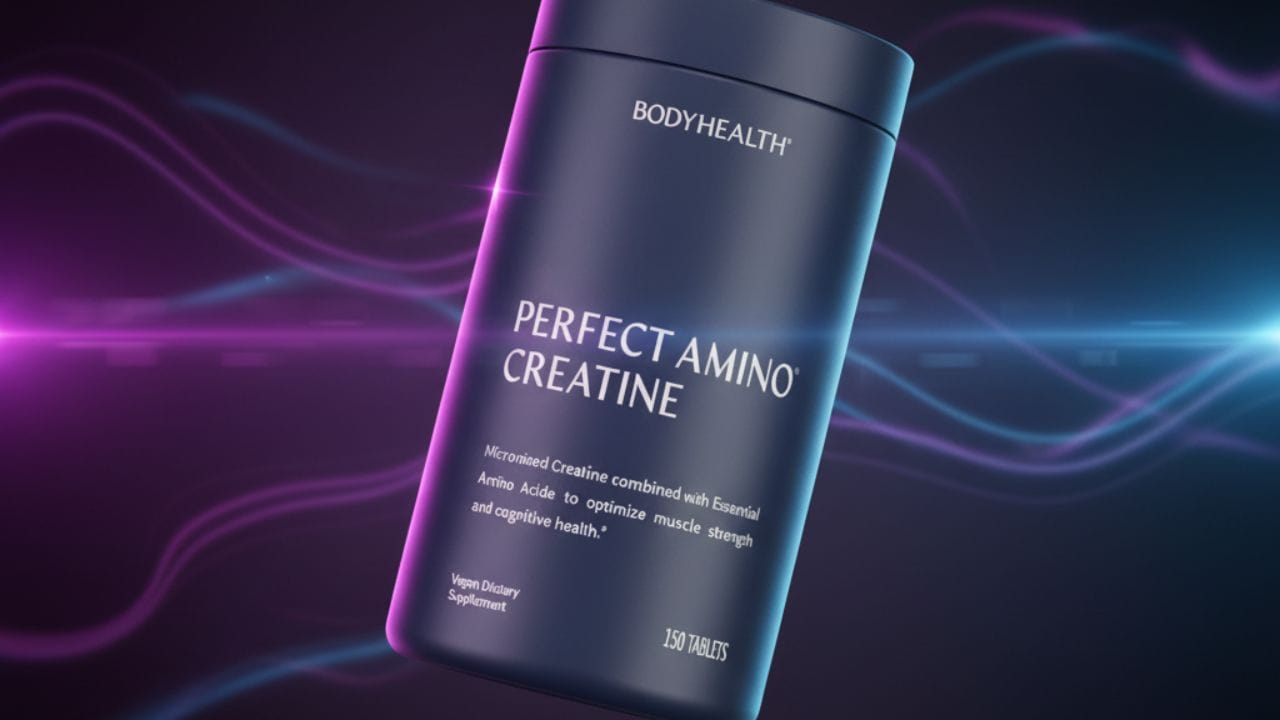
How to Take Creatine for Maximum Benefit
To experience the full range of benefits, it’s important to know how much creatine to take, as the optimal amount can vary depending on your individual goals. Typical dosage recommendations range from 3-5 grams per day for maintenance, but some protocols may differ.
The most common and effective strategy involves a “loading phase” followed by a “maintenance dose.”
The Loading Phase
The purpose of the loading phase is to saturate your muscle cells with creatine as quickly as possible. This typically involves taking a higher dose for a short period. A standard loading protocol is to take 20-25 grams of creatine per day, split into 4-5 smaller doses (e.g., 5 grams each), for 5-7 days. Taking it with a meal containing carbohydrates and protein can enhance absorption.
While the loading phase is effective, it's not strictly necessary. You can achieve full muscle saturation by taking a smaller daily dose over a longer period, though it will take about three to four weeks instead of one. Some people skip the loading phase to avoid potential mild side effects like bloating or muscle cramping.
The Maintenance Dose
After the loading phase, you can drop down to a maintenance dose to keep your creatine levels elevated. For most people, a daily dose of 3-5 grams is sufficient. This is the amount needed to replenish the creatine that is naturally broken down in the body each day.
When should you take it? The timing doesn't seem to matter as much as consistency. Whether you take your creatine daily in the morning, before a workout, or after, the key is to take it every day to maintain saturation in your skeletal muscles. Many people find it convenient to mix their creatine monohydrate powder with a post-workout shake or a meal.
Do You Need to Cycle Creatine?
In the past, it was common practice to cycle creatine use (e.g., 12 weeks on, 4 weeks off). The idea was to give the body a break and prevent it from adapting. However, modern research has shown no need to cycle creatine. The body's natural production of creatine resumes normally after supplementation stops, and there is no evidence to suggest that long-term use has negative effects in healthy individuals. For continuous benefits, taking creatine consistently is the best approach.
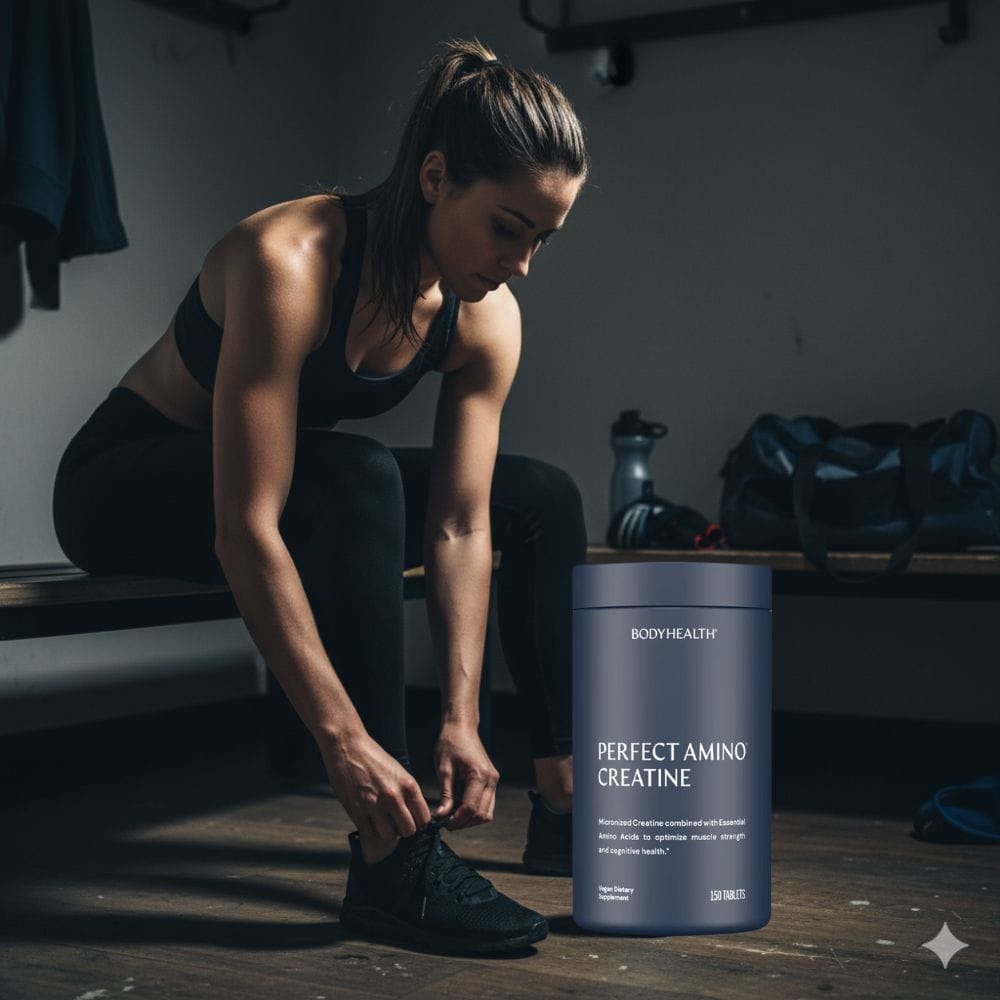
Combining Creatine with Other Supplements
Many athletes and fitness enthusiasts look to maximize the benefits of creatine supplements by combining them with other dietary supplements. This approach can further enhance muscle mass, exercise performance, and overall health, especially when paired with a well balanced diet and regular resistance training.
One of the most popular combinations is creatine and whey protein. Whey protein is rich in essential amino acids, which are crucial for muscle growth and repair. When you take creatine supplements alongside whey protein, you provide your body with both the energy boost needed for high intensity exercise and the building blocks required for muscle recovery. This synergy can lead to greater gains in muscle strength and size, particularly when combined with consistent resistance training.
It’s also important to consider how creatine interacts with other supplements. For example, some research suggests that taking creatine with caffeine may reduce the effectiveness of creatine supplementation, potentially impacting your athletic performance. On the other hand, combining creatine with beta-alanine has been shown to further enhance performance during strenuous exercise, making it a popular choice for those looking to push their limits in the gym.
Beyond muscle and performance, the effects of creatine supplementation extend to bone health and cognitive function. Studies indicate that creatine can help increase bone mineral density, especially in older adults, which may lower the risk of osteoporosis and fractures. Additionally, creatine’s positive impact on skeletal muscle strength can help maintain mobility and reduce the risk of falls as we age. There is also growing interest in the role of creatine in supporting brain function and cognitive performance, particularly for individuals recovering from traumatic brain injury or experiencing mental fatigue.
When combining creatine with other supplements, it’s essential to be mindful of potential side effects and interactions. Individuals with kidney disease or other underlying health conditions should consult a healthcare professional before starting creatine supplementation, as high doses may not be appropriate. Staying hydrated and following recommended dosages can help minimize any negative effects.
To get the most out of your creatine regimen, focus on a well balanced diet that includes creatine rich foods like red meat and fish, and ensure you’re supporting your body with adequate nutrition and hydration. Avoid combining creatine with supplements that may interfere with its absorption or effectiveness, and always tailor your supplement routine to your individual needs and health status.
In summary, combining creatine with other supplements—such as whey protein or beta-alanine—can be an effective strategy to enhance athletic performance, muscle growth, bone density, and even cognitive function. However, it’s important to approach supplementation thoughtfully and consult with a healthcare provider to ensure safety and optimal results.

Is Creatine Safe? Addressing Common Concerns
Creatine is one of the most studied supplements, and the overwhelming consensus is that it is a relatively safe supplement for most people. However, myths and misinformation still circulate. Let’s address some of the most common concerns.
For women, creatine is just as safe and effective as it is for men. Creatine supplementation does not increase testosterone levels; however, testosterone plays a role in creatine metabolism and enzyme activity related to creatine synthesis.
Does Creatine Cause Kidney or Liver Damage?
One of the most persistent myths is that creatine damages the kidneys. This concern likely arises because creatine supplementation can elevate levels of creatinine, a waste product measured in blood tests to assess kidney function. However, this increase is an expected byproduct of breaking down extra creatine and does not indicate kidney damage in healthy individuals.
Numerous long-term studies have found no evidence that taking creatine supplements harms the kidneys or liver in healthy adults. Individuals with pre-existing kidney disease should, however, consult a healthcare provider before starting any new supplement, including creatine. For the vast majority of users, creatine use is safe.
Does Creatine Cause Weight Gain?
Yes, creatine can cause weight gain, but it's important to understand the nature of this gain. When you first start taking creatine, particularly during a loading phase, you may gain a few pounds. This initial increase is due to water being pulled into your muscle cells. It is not fat gain.
Over the long term, continued weight gain is typically in the form of lean muscle mass, especially when combined with regular exercise. For anyone looking to build muscle and improve body composition, this is a desirable outcome.
What About Dehydration and Muscle Cramping?
Another common concern is that creatine causes dehydration or muscle cramping. This theory was based on the fact that creatine draws water into the muscles. However, scientific research has not supported this claim. In fact, some studies suggest that creatine supplementation may actually help reduce the incidence of cramping and dehydration during strenuous exercise by improving the body's hydration status.
As with any physical activity, it's important to drink enough water, but there's no need to consume excessive amounts just because you're taking creatine.
Who Should Be Cautious with Creatine?
While creatine is a safe supplement for most, there are a few exceptions. People with a history of kidney disease or high blood pressure should speak with a healthcare provider before taking creatine. There is also limited research on creatine use in adolescents, so caution is advised.
For women, creatine is just as safe and effective as it is for men. However, women tend to have naturally lower creatine levels, so they may see significant benefits. Some research is also looking into how creatine supplementation might interact with changing sex hormones throughout a woman's life, but more studies are needed.
Ultimately, if you have any underlying health conditions or are taking medications, it is always wise to consult with a healthcare provider before starting creatine supplementation.

Food Sources of Creatine
While supplements are the most efficient way to increase your creatine levels, you can also get dietary creatine from certain foods. The best sources are animal products, which is why vegetarians and vegans often have lower muscle creatine stores and may benefit significantly from supplementation.
Some creatine-rich foods include:
- Red Meat: Beef and lamb are excellent sources.
- Fish: Herring, salmon, and tuna contain good amounts of creatine.
- Pork: Another good source of dietary creatine.
However, to get the amount of creatine equivalent to a standard supplement dose (e.g., 5 grams), you would need to eat a very large quantity of these foods (over two pounds of beef, for instance). This is why taking creatine supplements is a more practical and effective way to boost your levels and achieve the associated benefits. A well-balanced diet is always important, but it's difficult to get enough creatine from food alone to saturate your muscles.
The BodyHealth Perfect Amino Creatine Advantage
While creatine monohydrate is the proven standard, formulations that combine it with other beneficial compounds aim to provide even greater value. One such product is Perfect Amino Creatine by BodyHealth. This product takes the established power of creatine and enhances it by combining it with PerfectAmino, a proprietary blend of essential amino acids.
This combination is designed to optimize both energy production and muscle protein synthesis simultaneously. While creatine powers your workouts by regenerating ATP, the essential amino acids provide the fundamental building blocks your body needs to repair and build muscle tissue. Taking them together creates a synergistic effect that supports not just performance during your workout, but also recovery and growth afterward.
Furthermore, by supplying all essential amino acids in a precise, readily absorbable ratio, Perfect Amino Creatine helps ensure that your body can make the most of the muscle-building signals stimulated by your training and creatine intake. This can lead to more efficient muscle gains and improved overall recovery. For individuals looking for an all-in-one solution to enhance their resistance training results, a product like this offers a compelling combination of proven ingredients.
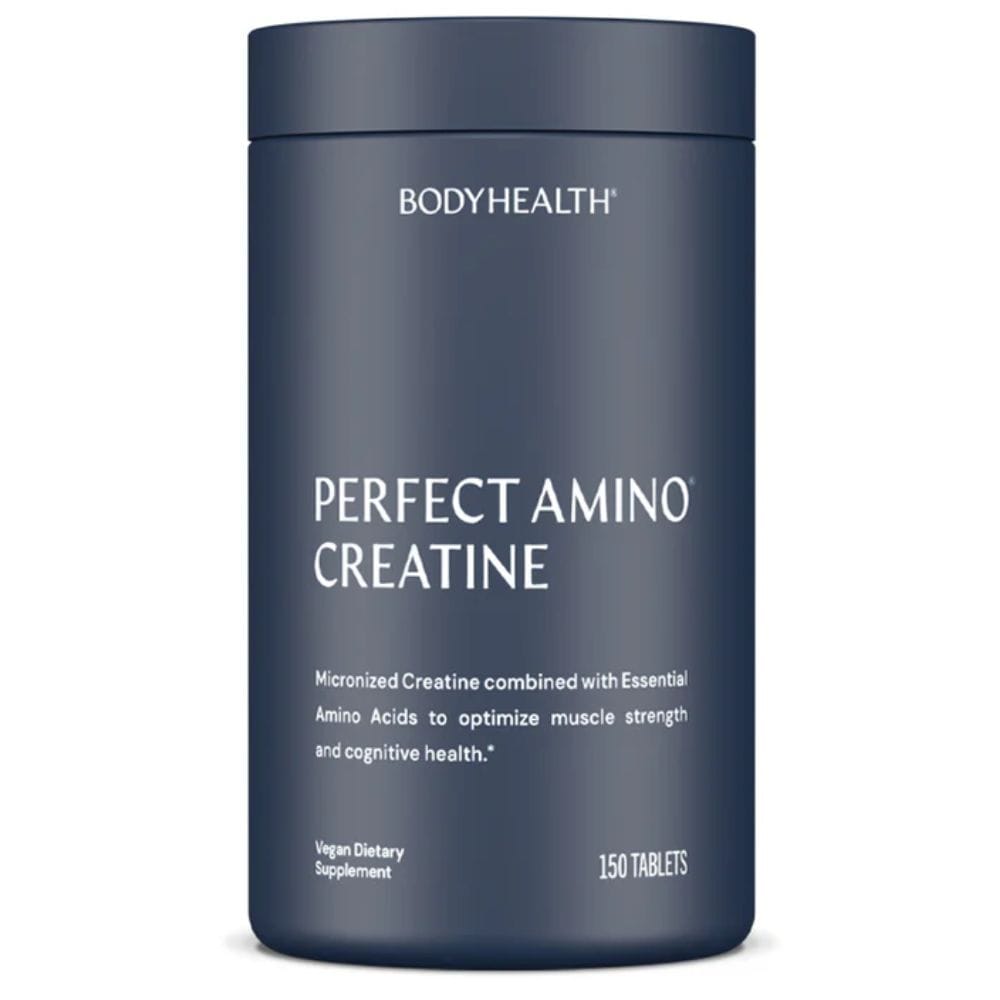
PerfectAmino Creatine contains the highest quality micronized creatine monohydrate to help support muscle strength, endurance, lean mass, cellular energy, cognitive function and optimal hydration.
Available in both tablet and powder form. PerfectAmino Creatine Powder is unflavored so it can be mixed with anything, and utilizes their completely natural sweetener system of Stevia Reb M, Monk Fruit and Katemfe Fruit Extract.
It is 100% Vegan, Gluten-Free, Soy-Free, Dairy-Free, Sugar-Free, and contains no toxins, MSG, or artificial sweeteners.
The Final Word on Creatine
So, what are the benefits of creatine? The answer is clear: creatine is a powerful, safe, and highly effective dietary supplement that offers a wide array of advantages. From boosting athletic performance and helping you build muscle to enhancing cognitive function and supporting brain health, the effects of creatine are backed by decades of solid scientific research.
For athletes and fitness enthusiasts, taking creatine supplements is one of the most reliable ways to improve strength, power, and muscle mass. For the general population, its potential to improve brain function, support bone density, and aid in recovery from injury makes it an attractive option for overall wellness. If you are a healthy adult looking to improve your physical or mental performance, creatine is worth considering. It's affordable, easy to use, and has an outstanding safety profile.
As always, consult with your physician before starting any new supplement regimen to check about potential interactions with other supplements or medications. The information presented in this document is purely for educational purposes and should not be construed as medical advice.
While every effort has been made to ensure the accuracy and reliability of the information provided, all health-related decisions should be made in consultation with a qualified healthcare professional. The author does not take any liability for the health decisions made by the reader.
Dietary supplements are not regulated the way drugs are in the United States. This means the Food and Drug Administration (FDA) does not approve them for safety and effectiveness before products are marketed. When possible, choose a supplement tested by a trusted third party, such as Consumer Labs, USP, or NSF.
These statements have not been evaluated by the Food and Drug Administration. This product is not intended to diagnose, treat, cure, or prevent any disease.
How We Choose
Our team has spent hours researching thousands of user reviews and star ratings for the best products on the market. We take into account factors such as quality, performance, sustainability, and affordability when recommending products to our readers. We strive to find the best options that meet everyone’s needs—even those on a budget!
We hope you find your next special item here! The product mentioned above was independently selected by our editors. Good Guru Reviews may collect a share of sales or other compensation from the links on this page if you decide to buy something (at no additional cost to you—that's how we stay in business). Enjoy finding your next special item with us!
Frequently Asked Questions
1. Is creatine safe to use long-term?Yes, extensive research shows that creatine is a relatively safe supplement for healthy adults when used as directed. Decades of studies have not linked creatine supplementation with harmful effects on kidney or liver function in individuals without pre-existing health issues. If you have any concerns, it’s always best to consult your healthcare provider before starting any new supplement.
2. Will taking creatine cause me to gain unwanted weight?Many people experience some weight gain when they begin taking creatine, but this is mainly due to increased water retention in the muscles and, over time, gains in lean muscle mass—not body fat. As long as you combine creatine with regular exercise and a balanced diet, the increase in weight is typically a sign of improved muscle growth and performance.
3. Do I need to take creatine with a loading phase, or can I start with a lower daily dose?A loading phase (taking a higher dose for the first 5–7 days) helps saturate your muscle cells with creatine more quickly, but it is not required. You can achieve the same benefits by taking a smaller daily maintenance dose (about 3–5 grams per day), though muscle saturation will take a few weeks longer. Both approaches are effective, so you can choose the one that best fits your routine and preference.
4. Does creatine help protect the spinal cord or brain during sports?Some research suggests that creatine may have neuroprotective effects, potentially reducing the risk of injuries to the spinal cord and brain in high-impact sports. However, more studies are needed to fully understand these benefits and their practical implications.


